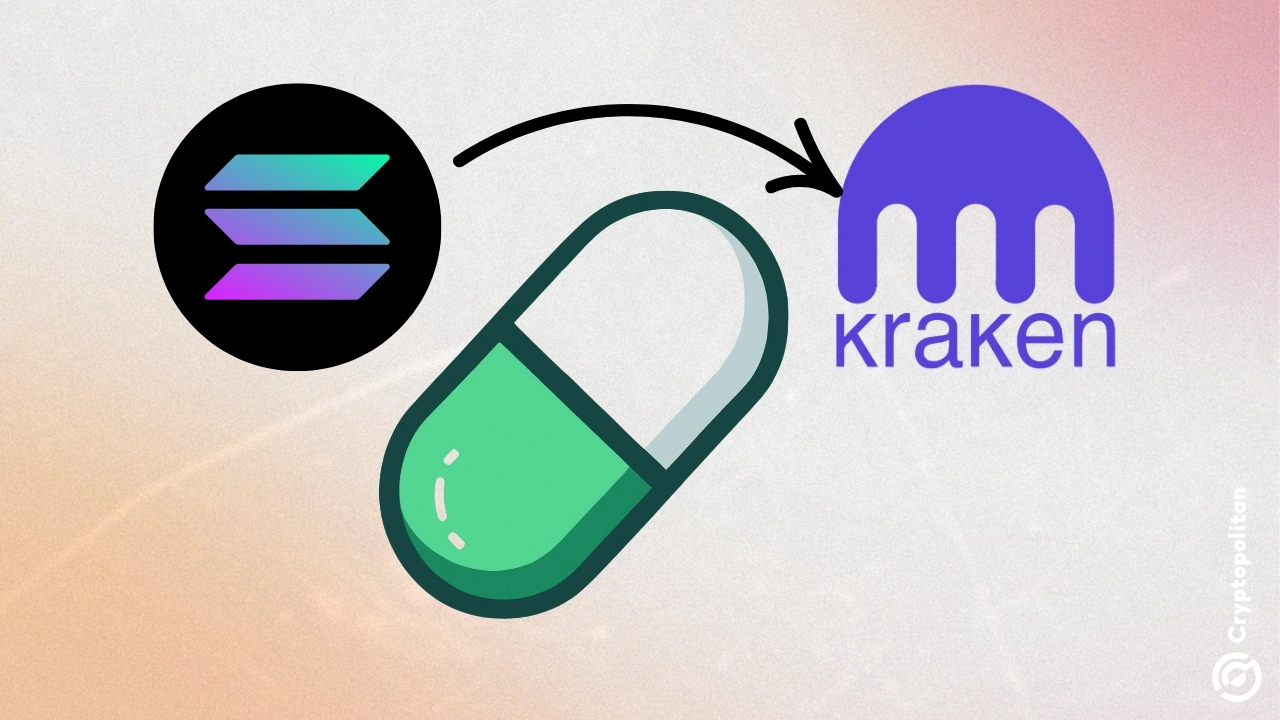Coinspeaker
Elon Musk’s Brain-Implant Company Neuralink Raises $280M in New Funding Round
Neuralink Corp, Elon Musk‘s startup that focuses on brain-machine interfaces to provide solutions for those with paralysis, has closed a $280 million funding round. The funds raised will be used to further develop its N1 implants that ‘create a generalized brain interface to restore autonomy to those with unmet medical needs.’
We’re happy to announce our $280M Series D round led by @foundersfund. We’re extremely excited about this next chapter at Neuralink.
If you’d like to help make the first human experience incredible and work on engineering challenges to restore vision and mobility, come join!…
— Neuralink (@neuralink) August 7, 2023
The round was led by Founders Fund, a venture capital firm backed by billionaire Peter Thiel.
Scott Nolan, partner at Founders Fund, commented:
“Excited to support Neuralink’s next chapter of helping human patients in need. The team has been working for seven years to make this possible, pulling off technical breakthroughs that feel like science fiction.”
It has not been revealed at what valuation Neuralink started the funding round. Last month, ‘privately executed stock trades’ estimated the value of Neuralink at $5 billion, which is more than double the worth of $2 billion back in 2020.
The round follows approval for Neuralink’s first human trials received by the startup from the US Food and Drugs Administration (FDA) in May.
We are excited to share that we have received the FDA’s approval to launch our first-in-human clinical study!
This is the result of incredible work by the Neuralink team in close collaboration with the FDA and represents an important first step that will one day allow our…
— Neuralink (@neuralink) May 25, 2023
The N1 implants developed by Neuralink include multiple chips, a wireless battery and other electronics hermetically sealed within a device about the size of a large coin. Neural activity is recorded through 1024 electrodes distributed across 64 threads. These highly-flexible, ultra-thin threads are key to minimize damage during implantation and beyond. N1 is fully implantable, cosmetically invisible, and designed to let patients control a computer or mobile device anywhere they go. The battery is charged wirelessly from the outside via a compact, inductive charger that enables easy use from anywhere.
Controversy around Elon Musk’s Neuralink
Neuralink is not the first company to work on brain implants, but it has probably been one of the most discussed startups because of the controversial methods it employed for testing its technology.
In 2020, the company paid $1.4 million to the University of California, Davis, to use its facilities for conducting trials. In 2022, regulators raised concerns about tests run by Neuralink on animals. Between 2018 and 2022, the company reportedly experimented on and killed 1,500 animals, including pigs, rats, sheep and monkeys. The Physicians Committee for Responsible Medicine (PCRM), a group that campaigns for alternatives to animal testing, obtained public records detailing the experiments. It was found that one rhesus macaque monkey’s nausea was “so severe that the animal vomited and had open sores in her oesophagus before she was finally killed,” according to Ryan Merkley, PCRM’s director of research advocacy.
In late 2022, the US Department of Agriculture opened a probe into Neuralink over possible animal welfare violations. Meanwhile, Neuralink’s website was stating that “all novel medical devices and treatments must be tested in animals before they can be ethically trialed in humans.”
Earlier this year, the US Transportation Department began another investigation, alleging that the company did not follow proper procedure when shipping possibly hazardous materials.
Elon Musk’s Brain-Implant Company Neuralink Raises $280M in New Funding Round





